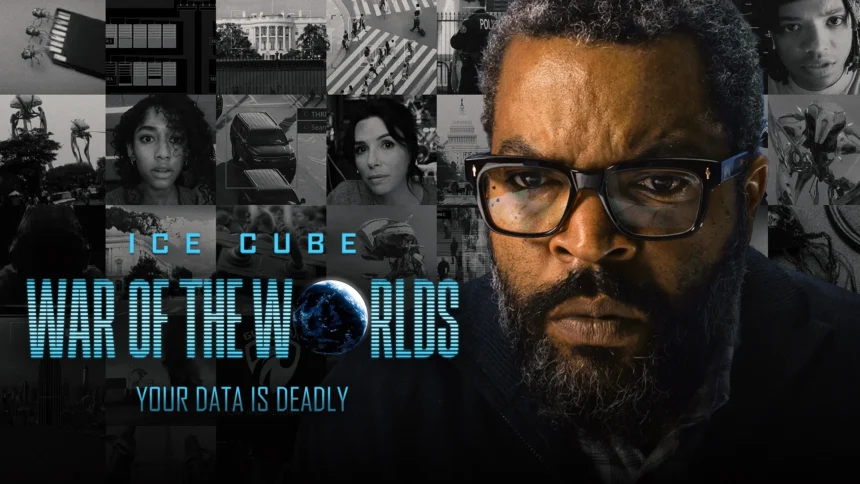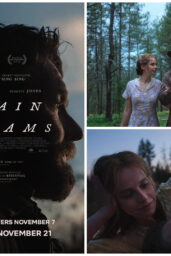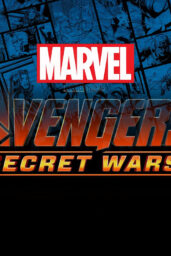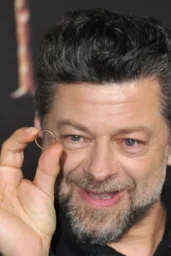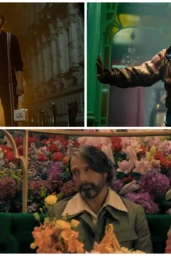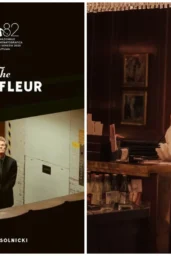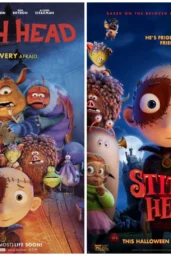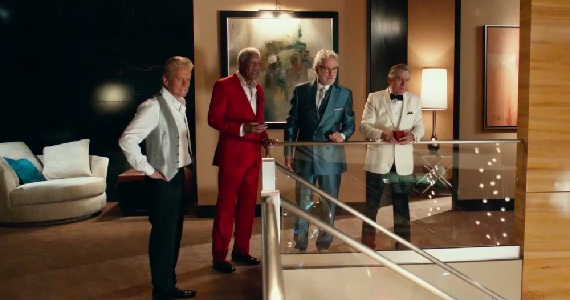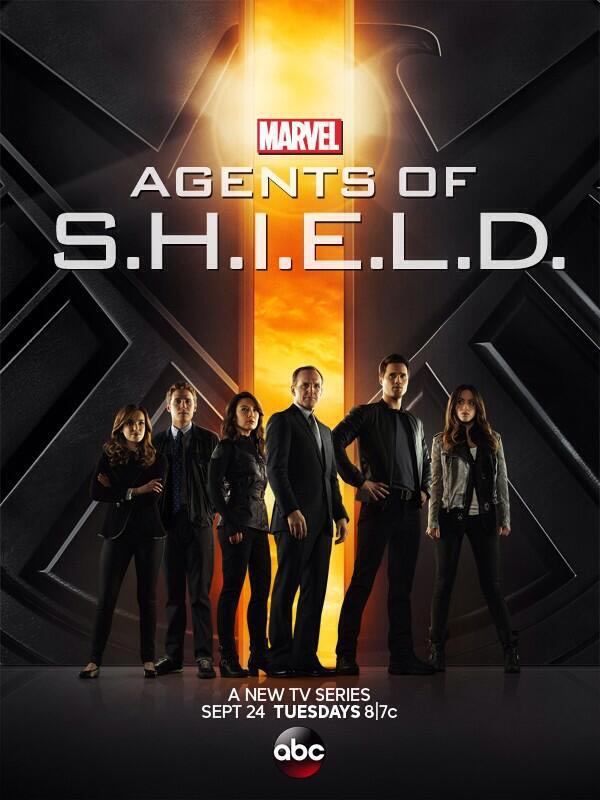The story isn't in the movie. It's in the delay.
Timur Bekmambetov's War of the Worlds, shot in 2020, will finally see the light of day—if the flickering pixels of an Amazon Prime homepage count as daylight. The release date is confirmed: July 30. No red carpet, no fanfare, just the quiet thud of a streaming dump. One can almost hear the sighs from the Universal vault, relieved to be rid of it.
This wasn't supposed to be a buried relic. On paper, it had the bones of a mid-tier genre gamble: a modern-day alien invasion update starring Ice Cube as a cyber-security analyst (yes, really) caught in the crossfire of extraterrestrial mayhem and bureaucratic betrayal. Eva Longoria shows up. So does Clark Gregg. It's not a cast that screams “classic in the making,” but it's not bottom of the barrel either.
And yet, here we are. Five years post-wrap, with a trailer finally released and a logline that could've been pulled from an early 2000s SyFy Channel pitch: “Ice Cube fights aliens to save his family and the world.” That's the official description. You couldn't write parody better.
So what happened?
Studios sit on finished films all the time. Sometimes it's rights issues. Sometimes it's post-production purgatory. But when a major studio like Universal shelves a completed movie for half a decade, the smell of creative compromise is unmistakable. This wasn't shelved for greatness. It was shelved because no one could figure out how to sell it—or worse, no one wanted to.
No budget details have surfaced, but it likely wasn't cheap. Bekmambetov, best known for Wanted and the screenlife thriller Unfriended, doesn't work in pennies. And Ice Cube, despite his uneven filmography, isn't a bargain-bin name. That tells you something: even with cash spent and contracts honored, they still chose the slow death of silence over any real release plan.
I watched the trailer. It's as expected—color-graded within an inch of its life, scored to generic tension pulses, peppered with lines that seem AI-generated (“They're already inside…”). The whole thing feels like it's been cryogenically frozen in 2017, unearthed now with no attempt to modernize. The aesthetic is a mishmash of Independence Day leftovers and dime-store paranoia, without the benefit of either a visionary director or a compelling central performance.
Cube tries. He always does. There's a gruffness to his delivery that works in the right setting (Three Kings, Barbershop, Boyz n the Hood)—but in tech-thriller territory, he's adrift. Watching him navigate firewalls and murmur phrases like “cyber breach protocols” is akin to watching Robert De Niro operate a hoverboard. You respect the effort, but it's not his wheelhouse.
And then there's the premise: the real threat is not from the sky, but from the system Cube's character is sworn to protect. Of course it is. That twist, once subversive, has now become obligatory. Every alien movie since The X-Files finale seems required to include a shadow government, a compromised agency, a traitor among us. It's not storytelling anymore—it's checkbox plotting.
The supporting cast includes Andrea Savage, Henry Hunter Hall, Iman Benson, Devon Bostick, and Michael O'Neill—fine actors all, but none able to salvage a project clearly stitched together by indecision. The script, credited to Kenneth Golde and Marc Hyman, likely went through enough rewrites to erase any original intent, assuming there was one.
You can sense the fear baked into this production. Fear of commitment. Fear of theatrical release. Fear of criticism. And now, fear of letting it rot entirely—so it's handed off to Prime Video like a forgotten casserole at the back of the fridge. Here, maybe someone will take a bite.
There's a broader trend here—one that deserves a deeper postmortem than this film will ever get. Studios are increasingly allergic to risk, and streaming has become the landfill for projects that don't test well, don't track well, or simply don't fit the branding matrix. Theatrical flops are expensive; digital flops are quiet.
Which brings us back to War of the Worlds. H.G. Wells' 1898 novel has been adapted dozens of times, from Orson Welles' infamous 1938 broadcast to Spielberg's 2005 thriller. It's fertile ground. But the roots have dried up when all you can muster is a tagline and a 90-minute obligation.
July 30. That's when the world ends—again. Not with a bang. Just another forgotten sci-fi flick buried under a hundred autoplay thumbnails.
Will I watch it? Of course. It's my job.
Will I remember it in August? Doubtful.

